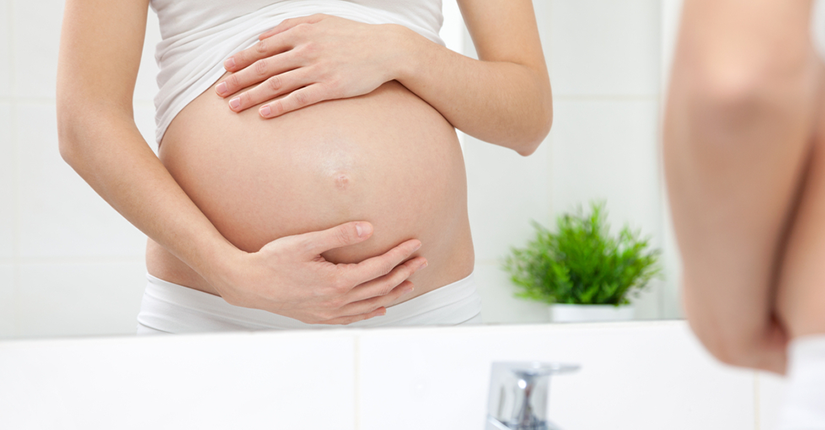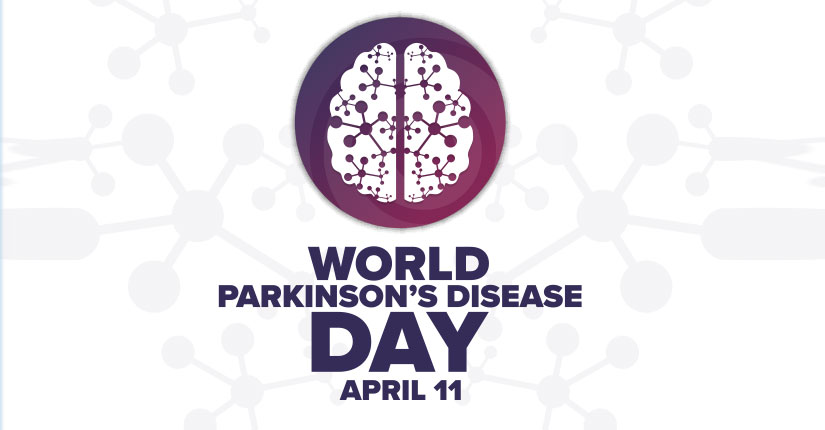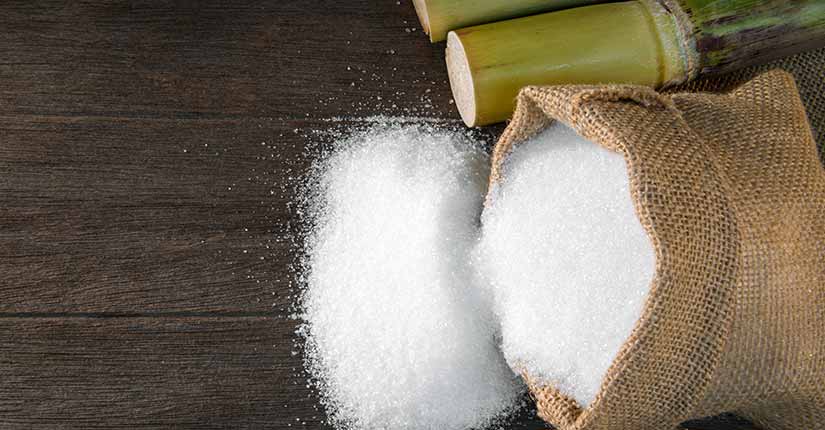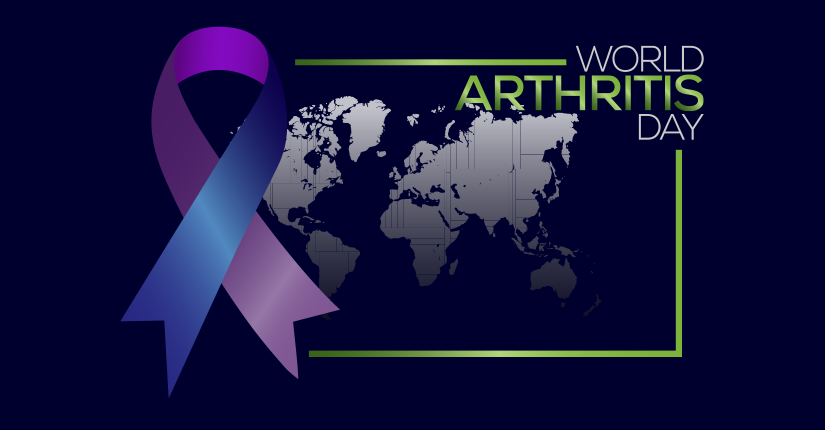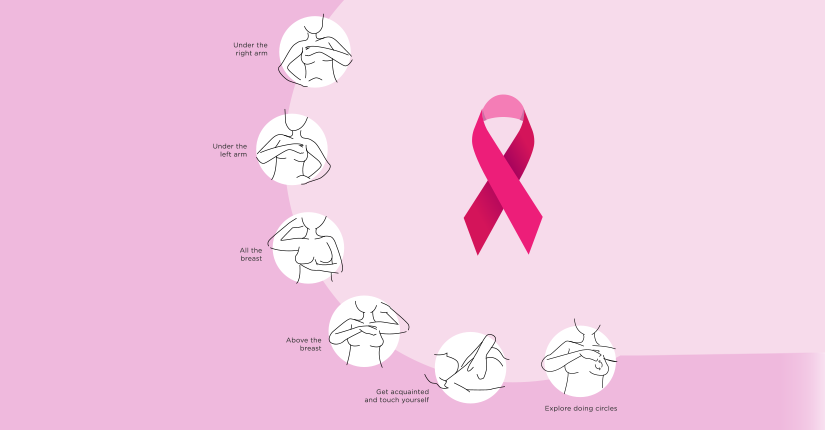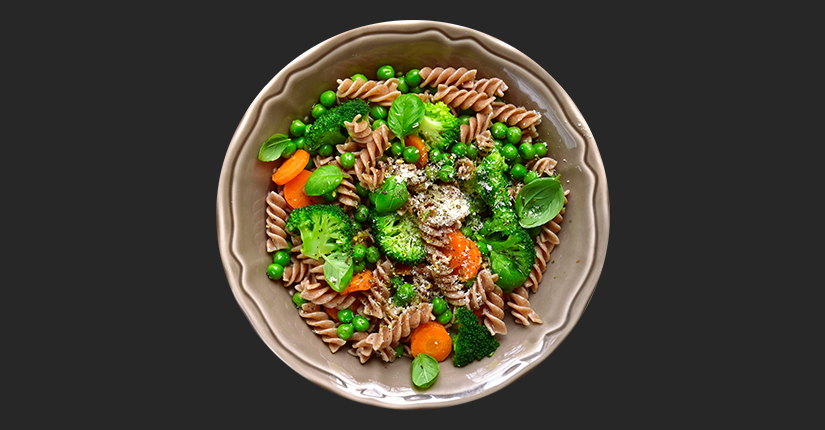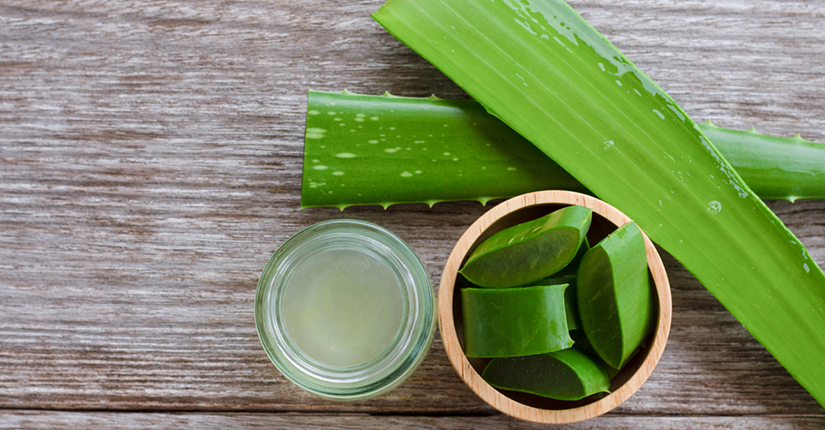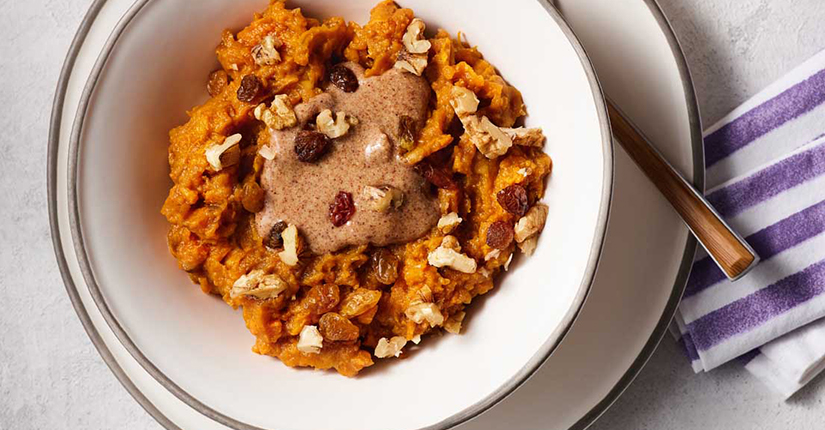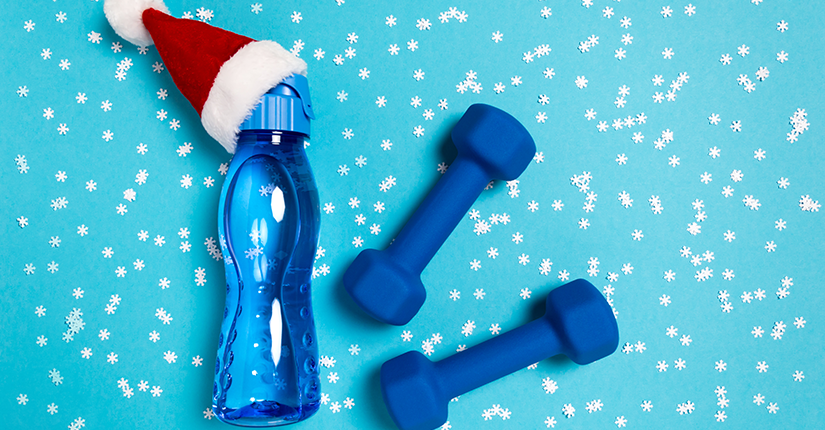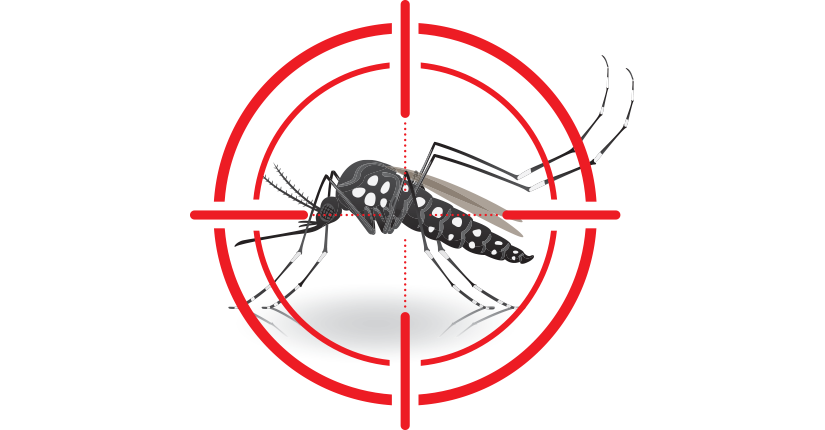Eat Right: 10 Foods to Eat and Avoid during Breastfeeding
By Nmami Agarwal 05-Aug 2021 Reading Time: 5 Mins

Breast milk is highly nutritious and packed with most of the essential nutrients that a baby needs for the first 6 months of life. But studies have shown that what you eat does have some direct impact on the contents of breast milk. Breastfeeding mothers are recommended to eat a well-balanced diet. Still, there are some foods known as galactagogue foods that should majorly be include in a breastfeeding mother’s diet, while some foods to avoid during the breastfeeding period.
Foods to Include:
- Avocados: Avocados are considered a nutritional powerhouse for nursing moms. It helps maintain a feeling of fullness in addition to providing your body with heart-healthy fats.
- Nuts: A great example of lactogenic foods as they will increase the milk supply. It is also rich in essential minerals such as iron, calcium, and zinc as well as vitamin K and B vitamins and also a healthy source of essential fatty acids and protein which will help in the growth of the baby.
- Green leafy vegetables: Green leafy vegetables contain a pigment known as phytoestrogens, which have been shown to have a positive effect on milk production. Consuming more vegetables will not only benefit your health while also establishing good eating habits for your baby to follow when he/she starts consuming solid foods.
- Turmeric: The anti-inflammatory properties of turmeric are important to the health and well-being of breastfeeding mothers for the prevention and treatment of mastitis as well as to ease the symptoms associated with breast engorgement. It is also believed to help boost the immune system of not only mothers but baby, to ward off coughs and colds.
- Beans and legumes: They are good sources of protein, vitamins, minerals, and phytoestrogens. Eating a variety of beans and legumes is good not only for your general health but also helps to ensure that you have a healthy milk supply.
Foods to Avoid:
- Fish: They have high levels of mercury and exposure to high levels of mercury can permanently affect your infant’s central nervous system. They may have impairments in fine motor skills, cognition, and speech and language development.
- Alcohol: Breastfeeding women are recommended to limit alcohol to one drink or less per day and to wait at least 2 hours before breastfeeding. Frequent and excessive alcohol consumption can reduce milk production and have serious effects on your baby.
- Caffeine: During breastfeeding, women are recommended to limit caffeine intake to 300 mg per day or less to prevent irritability and disrupted sleep patterns in their infants.
- Highly processed foods: They are very low on essential nutrients and it may also affect a child’s food choices later in life. It is recommended that breastfeeding moms should limit their intake of foods that are high in added sugars and processed fats.
- Peppermint and Sage: When these herbs are taken in a very high amount, they could reduce the production of breast milk.
Over to You:
It is very important to eat a well-balanced diet when you are nursing so that your child gains essential nutrients and has an adequate amount of breast milk. You should also look out for some foods that might cause possible reactions in your baby because every child has different reactions to different food items.

